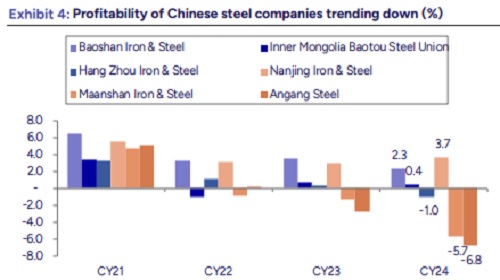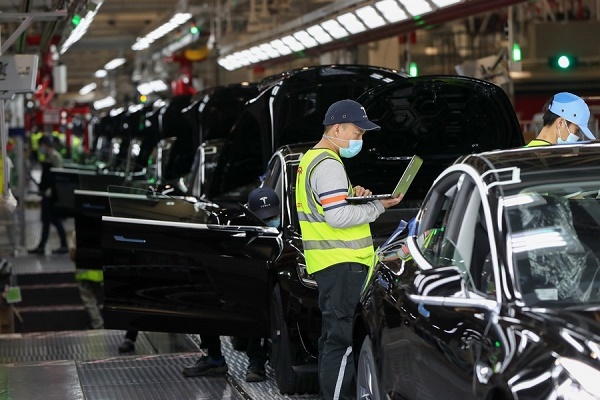Cross Sector Analysis - Theme Report - Chinese anti-involution – Hamlet`s ‘to be or not to be’? by Swarnendu Bhushan Co- Head Research, PL Capital

As Chinese companies engage in price wars bleeding each other, the government announced an anti-involution policy in 2024/25. However, the contours of the same have been left open for the companies to decide. In this context, we analyze similar actions initiated across the globe and come to the conclusion that such consolidation has been successful only in developed nations, or where unemployment is not an issue. Our industry checks also suggest that, so far, no concrete steps for capacity closures have been taken in China.
Like the typical fund disclaimer that says past performance is not a precursor to the future, it is difficult to say if things would be different this time. But such restrictions in the past have only been similar to Hamlet’s profound indecisiveness. Will it result in better profitability or the tragic death of many, only time will tell. We believe, China’s high unemployment, at +5%, will make consolidation a distant mirage.
* Refining consolidation largely witnessed in developed countries: Since 2000, our analysis suggests that meaningful consolidation in the refining industry has happened only in countries like France, Italy, the UK, Australia and Japan. For example, Italy has seen 27% reduction in its refining capacity during 2000-24, while Australia has seen 71% reduction. Larger economies of France, the UK and Japan have also seen 31-42% reduction in capacity.
* Teapot refineries of China: These refiners, largely located in Shandong, have always been notorious for their low utilization, higher pollution, and low profitability. Despite multiple attempts, in 2009, 2014, 2018 and recently in 2025, to cut down their capacities, they have come out stronger.
* Petrochem consolidation in South Korea: Just a couple of months ago, South Korea announced restructuring of its petrochemical sector. The companies have announced closure of 2.7-3.7mmtpa on a base of ~13.5mmtpa. The country had undertaken a similar exercise during the 1999 financial crisis as well. However, data suggests that as against expected reduction in capacity, ethylene cracking capacity rose from 4mmtpa in 1995 to 4.8mmtpa in 2000 and further 5.9mmtpa in 2005.
* China+1 strategy for chemicals: In 2017, after a major chemical plant explosion near the Yangtze River, 40% of chemical capacity was shut citing excessive pollution and lack of adequate safety, and a green tax was applied. Polluting companies were asked to shift their units away from population centers, while smaller ones were to shut down. However, market share of China in global chemical sales has only grown stronger, from 39.8% in 2017 to ~44% in 2024.
* Our conclusion: Looking at the past, we strongly believe that the antiinvolution policy would not result in any meaningful capacity closures in the short term. As a result, instead of anti-involution related tailwinds, one should focus on the bottom-up approach for identifying possible investment candidates in related sectors. Hence, avoiding the brouhaha of anti-involution, we stick to our top picks- ONGC, Oil India, Mahanagar Gas, Fine Organics, Tata Steel and JSP.

Please refer disclaimer at https://www.plindia.com/disclaimer/
SEBI Registration No. INH000000271



















.jpg)




